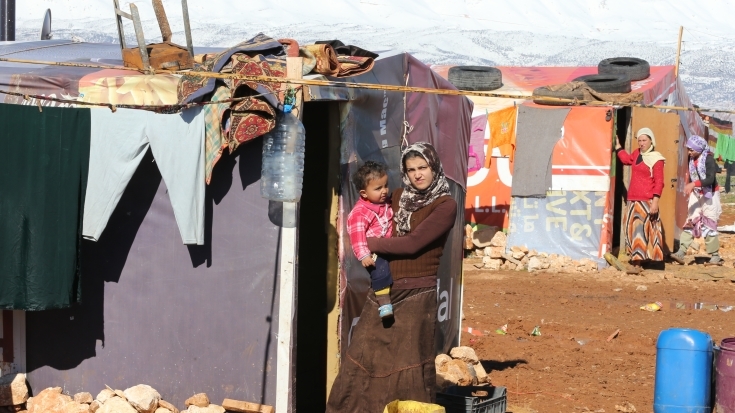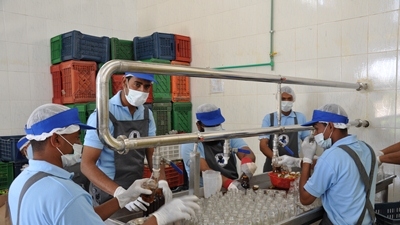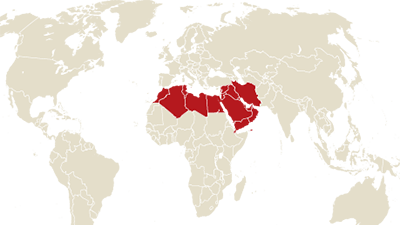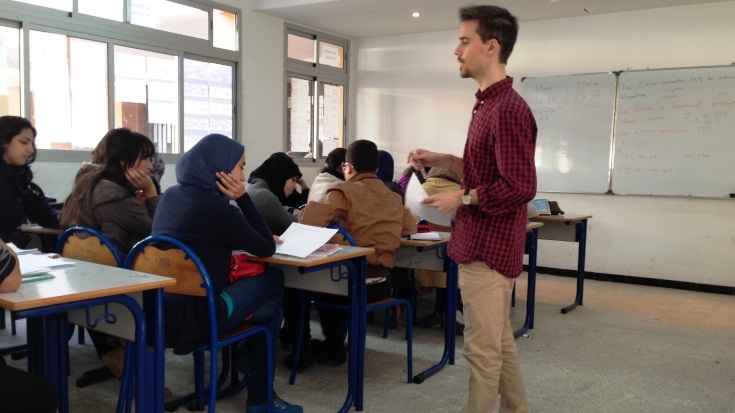The Lebanon Economic Monitor (LEM) provides an update on key economic developments and policies over a six months period. It also presents findings from recent World Bank work on Lebanon. It places them in a longer-term and global context, and assesses the implications of these developments and other changes in policy for the outlook for the country. Scroll down to read the most recent issue as well as all past issues in the series.

Lebanon’s political development since independence has been influenced primarily by its evolving confessional system. However, this system, originally established to balance the competing interests of local religious communities, is increasingly seen as an impediment to more effective governance as it has resulted in a paralysis in decision-making and a general hollowing out of the state.

The devastating civil war in Syria is arguably one of the major civil conflicts in recent times. The economic effects of the war extend beyond the country’s borders affecting also the neighboring countries. This report examines the effects of the Syrian war on the Lebanese economy via one of the most important channels through which the economic impact of the war occurs, i.e. the trade channel.

The Government of Lebanon (GoL) requested the World Bank to lead an Economic and Social Impact Assessment (ESIA) of the Syrian conflict on Lebanon, in collaboration with the United Nation (UN), the European Union (EU), and the International Monetary Fund (IMF).
This report develops a strategy to support employment creation in Lebanon and improve labor market opportunities for its work force. The analysis is based on a new survey of the labor force and employers, and a General Equilibrium Model of the Lebanese economy, both developed in the context of this Technical Cooperation Program. The policy recommendations are the result of consultations with counterparts and different stakeholders. The report is organized in six chapters.

This report provides the first comprehensive analysis of the state of early childhood development in the Middle East and North Africa. The report shows that deficits before, during, and after birth tend to be irreversible and perpetuate cycles of poverty and inequality.
The MENA Economic Monitor supplements the World Bank’s Bi-annual MENA Quarterly Economic Brief and presents the short term, macroeconomic outlook and economic challenges facing the countries in the Middle East and North Africa region.
This report examines the role of trust, incentives, and engagement as critical determinants of service delivery performance in the countries of the Middle East and North Africa (MENA) region. Focusing on education and health, the report illustrates how the weak external and internal accountability relationships prevalent in the MENA political and administrative spheres undermine incentives toward policy implementation and performance, and how such a cycle of poor performance can be counteracted.

This report argues that Middle East and North Africa (MENA) countries face a critical choice in their quest for higher private sector growth and more jobs: promote competition, equal opportunities for all entrepreneurs and dismantle existing privileges to specific firms or risk perpetuating the current equilibrium of low job creation.

This report highlights the need to foster competitive behavior among service providers to bring down prices and stimulate the demand for value-added services to drive future broadband development.


